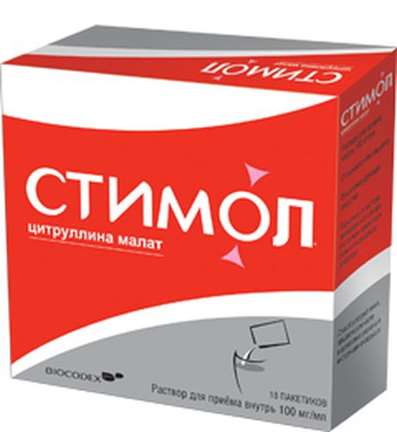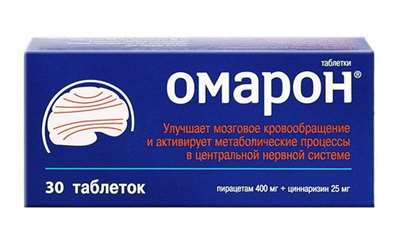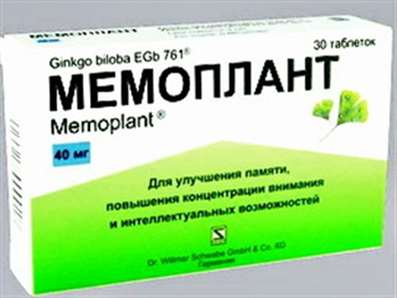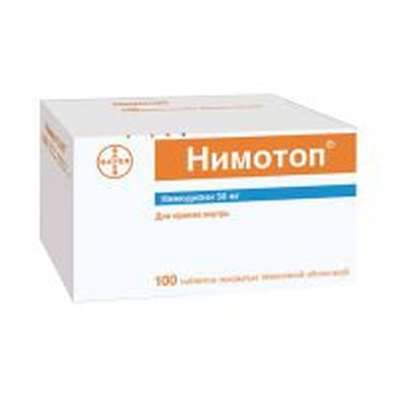Instruction for use: Ethinylestradiol (Aethinyloestradiolum)
I want this, give me price
Pharmacological groups
Estrogens, gestagens; their homologues and antagonists
Antineoplastic hormonal agents and hormone antagonists
Nosological classification (ICD-10)
C50 Malignant neoplasm of breast
Cancer of the nipple and areola of the breast, Breast carcinoma, The hormone-dependent form of recurrent breast cancer in women in menopause, Hormone-dependent breast cancer, Disseminated breast carcinoma, Disseminated Breast Cancer, Malignant breast cancer, Malignant neoplasm of breast, Contralateral breast cancer, Locally advanced or metastatic breast cancer,Locally-distributed breast cancer, Locally-recurring breast cancer, Metastatic breast carcinoma, Metastasis of breast tumors, Metastatic breast carcinoma, Inoperable breast carcinoma, Incompatible breast cancer, Breast cancer in women with metastases, Breast cancer in men with metastases, Breast Cancer, Breast cancer in men, Mammary cancer, Breast cancer with distant metastases, Breast cancer in postmenopausal women, Breast cancer hormone-dependent, Breast cancer with local metastases, Breast cancer with metastases, Breast cancer with regional metastases,Breast cancer with metastases, Common hormone-dependent forms of breast cancer, Common Breast Cancer, Recurrent Breast Cancer, Recurrence of breast tumors, Breast cancer, Estrogen-dependent breast cancer, Estrogen-Dependent Breast Cancer, Disseminated breast cancer with overexpression of HER2, Tumors of the mammary glands
C61 Malignant neoplasm of prostate
Adenocarcinoma of the prostate, Hormone-dependent prostate cancer, Hormone-Resistant Prostate Cancer, Malignant tumor of prostate, Malignant neoplasm of prostate, Carcinoma of the prostate, Locally-distributed non-metastatic prostate cancer, Locally advanced prostate cancer, Locally spread prostate cancer, Metastatic prostatic carcinoma, Metastatic prostate cancer, Metastatic hormone-resistant prostate cancer, Non-metastatic prostate cancer, Incompatible prostate cancer, Prostate Cancer, Prostate cancer, Common prostate cancer, Testosterone-Depot Prostate Cancer
E28 Ovarian dysfunction
Dysfunction of the sex glands, Abnormal ovarian function, Non-functioning ovaries, Primary dysfunction of the ovaries, Decreased function of the sex glands, Estrogen insufficiency
N91 Lack of menstruation, meager and rare menstruation
Amenorrhea, Amenorrhea hypogonadotropic, Amenorrhea is prolactin-dependent, Oligomenorrhoea, Shortening of the secretory phase of the menstrual cycle, Menstrual disorders, Menstruation disorders, Prolactin-dependent amenorrhea without galactorrhea
N92 Abundant, frequent and irregular menstruation
Metromenorragii, Menorrhagia, Menorrhagia primary, Polymenorea, Idiopathic menorrhagia, Menorrhagia, Functional metronormorragia, Primary menorrhagia
N93 Other abnormal bleeding from the uterus and vagina
Atonic uterine bleeding, Prolonged menstruation, Blood loss during menstruation, Bleeding from the genitourinary system, Bleeding uterine dysfunctional, Bleeding from the genital tract of organic etiology, Uterine bleeding, Menorrhagia with fibroids, Functional uterine bleeding, Abnormal bleeding from the genitals in women
N94.6 Dysmenorrhea Unspecified
Pain during menstruation, Functional disorders of the menstrual cycle, Menstrual cramps, Emmeniopathy, Pain during menstruation, Painful menstrual irregularities, algomenorrhea, algomenoreya, Pain smooth muscle spasm, Pain spasm of smooth muscles (renal and biliary colic, intestinal spasms, dysmenorrhea), Pain spasm of smooth muscles of internal organs (kidney and biliary colic, intestinal spasms, dysmenorrhea), Disalgomenoreya, dysmenorrhea, Dysmenorrhea (essential) (Exfoliative), menstrual disorder, menstruation painful, metrorrhagia, Violation of the menstrual cycle, Menstrual irregularities, Prolaktinzavisimoe menstrual disorders, Prolaktinzavisimoe menstrual dysfunction, Pain spasm of smooth muscles of internal organs, Spasmodic dysmenorrhea, Primary disalgomenoreya
N95.1 menopausal and menopausal status of women
Atrophy of the mucosa of the lower genital tract, caused by estrogen deficiency; Vaginal dryness; Autonomic dysfunction in women; gipoestrogeniya state; Deficiency of estrogen in menopausal women; Degenerative changes of the mucous membrane in the menopause; Natural menopause; an intact uterus; climacteric; Menopause women; Menopause in women; menopausal depression; Climacteric ovarian dysfunction; Menopause; Climacteric neurosis; Menopause; Menopausal symptoms complicated psychovegetative; Climacteric syndrome; Climacteric vegetative disorders; Climacteric psychosomatic disorder; menopausal disorders; Menopausal disorders in women; menopausal condition; Climacteric vascular disorders; Menopause; Menopausal vasomotor symptoms; menopausal period; Lack of estrogen; Feeling the heat; Pathological menopause; perimenopause; menopause; postmenopausal; Premature menopause; premenopauznom period; tides; hot flashes; flushing in the Meno and postmenopausal; Hot flashes / hot flashes in menopause; Heart attack during menopause; Early menopause in women; Disorders of menopause; climacteric syndrome; Vascular complications of menopause; Physiological menopause; Estrogendefitsitnye state; premature Menopause
N97 Female infertility
Female infertility in anovulation, Hyperprolactinemic infertility, Hyperprolactinaemia with infertility, Endocrine infertility, Infertility due to hypothalamic-pituitary dysfunction, Infertility infertility, Infertility, Infertility on the background of hyperprolactinaemia, Functional infertility, Marriage is infertile, Infertility of ovarian genesis, Stimulation of the growth of a single follicle
Code CAS57-63-6
Characteristics of Ethinylestradiol
White or creamy white, fine crystalline powder. Virtually nerastvorim in water, soluble in alcohols and vegetable oils.
Pharmacology
Pharmacological action - estrogenic, lipid-lowering, anabolic.
Interacts with specialized estrogen receptors in target cells. Quickly absorbed through the mucous membranes and skin. It is subjected to hepatoenteric recirculation, accompanied by the effect of "first passage" through the liver, where it undergoes oxidation with the formation of 2-OH-ethynyl-estradiol and 2-methoxyethynylestradiol and subsequent glucuronidation and sulfonation. Metabolites are inactive, excreted in the urine and with bile. Depending on the physiological state (pregnancy, individual phases of the ovarian-menstrual cycle, age, etc.), the rate of excretion varies greatly. In the fallopian tubes, cervix, vagina, external genitalia, the ducts of the mammary glands increase the proliferation of the epithelium. Increases the sensitivity of the muscles of the uterus and tubes to the substances that drive them. Has hypocholesterolemic effect, increases the blood levels of beta-lipoproteins, sensitivity to insulin, improves the utilization of glucose. In high doses delays water and sodium in the body, inhibits erythropoiesis. In large doses reduces, and in small doses - it activates the secretion of FSH of the pituitary gland. In men, spermatogenesis is inhibited (in the testicles atrophic changes may develop) and suppresses the secretion of androgens. Has a weak anabolic effect. Under certain conditions it shows contraceptive properties (it is an integral part of a number of oral contraceptives).
Application of Ethinylestradiol
Some forms of endocrine infertility, severe forms of pathological menopause, dysfunctional uterine bleeding, androgen-dependent prostate cancer, some forms of breast cancer.
Contraindications
Hypersensitivity, thrombophlebitis, active hepatitis, liver cirrhosis, arterial hypertension, breast cancer and endometrium, porphyria, pregnancy.
pregnancy and lactation
The action category for the fetus by FDA is X.
Side effects of Ethinylestradiol
Violation of calcium metabolism, edematous syndrome, nausea, headache, thromboembolic syndrome, hypertension; in men - gynecomastia.
Interaction
Efficiency reduces barbiturates (accelerate oxidation).
Routes of administration
In / m (intramuscularly).

 Cart
Cart





